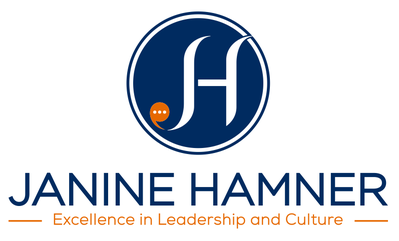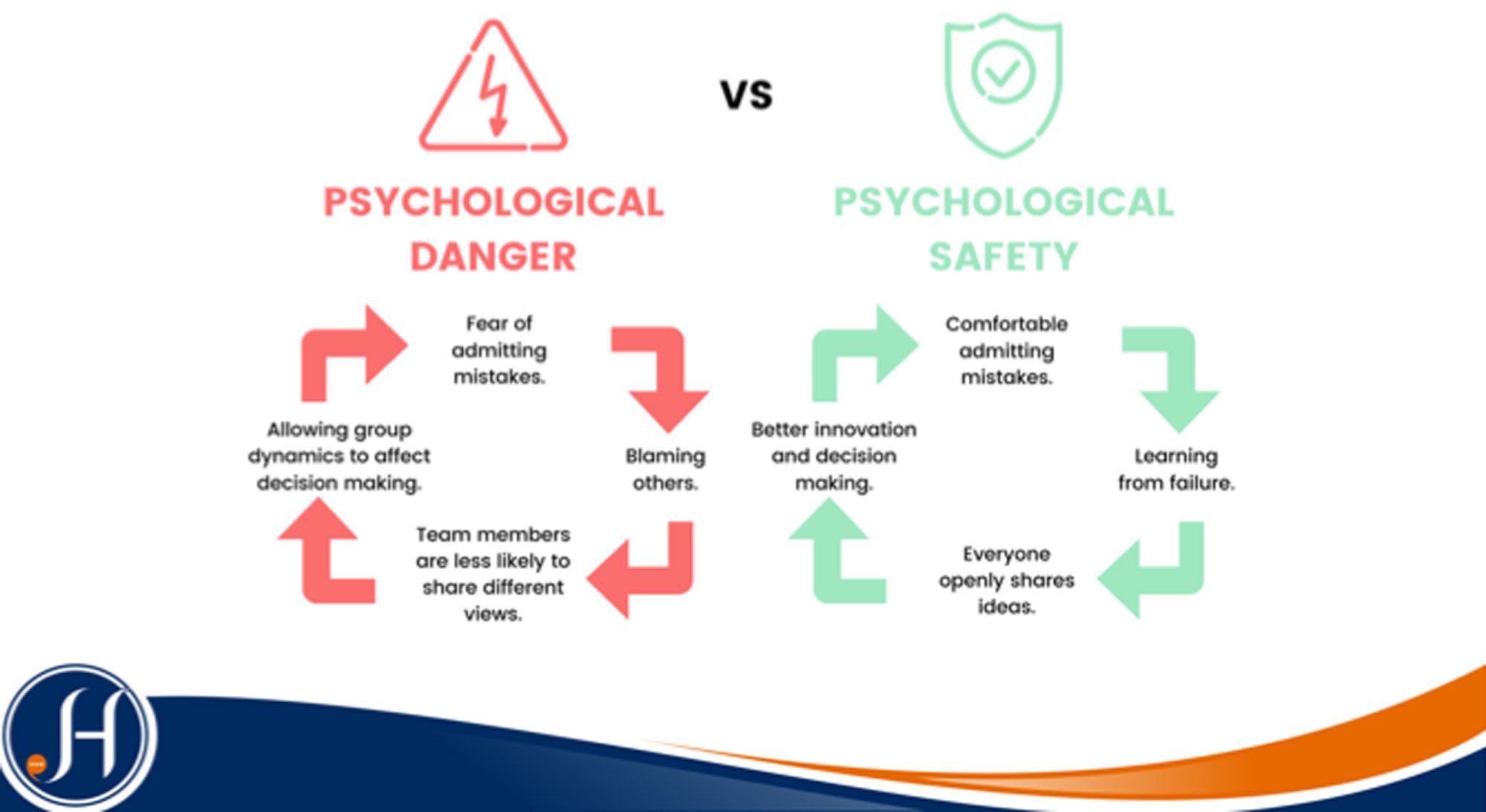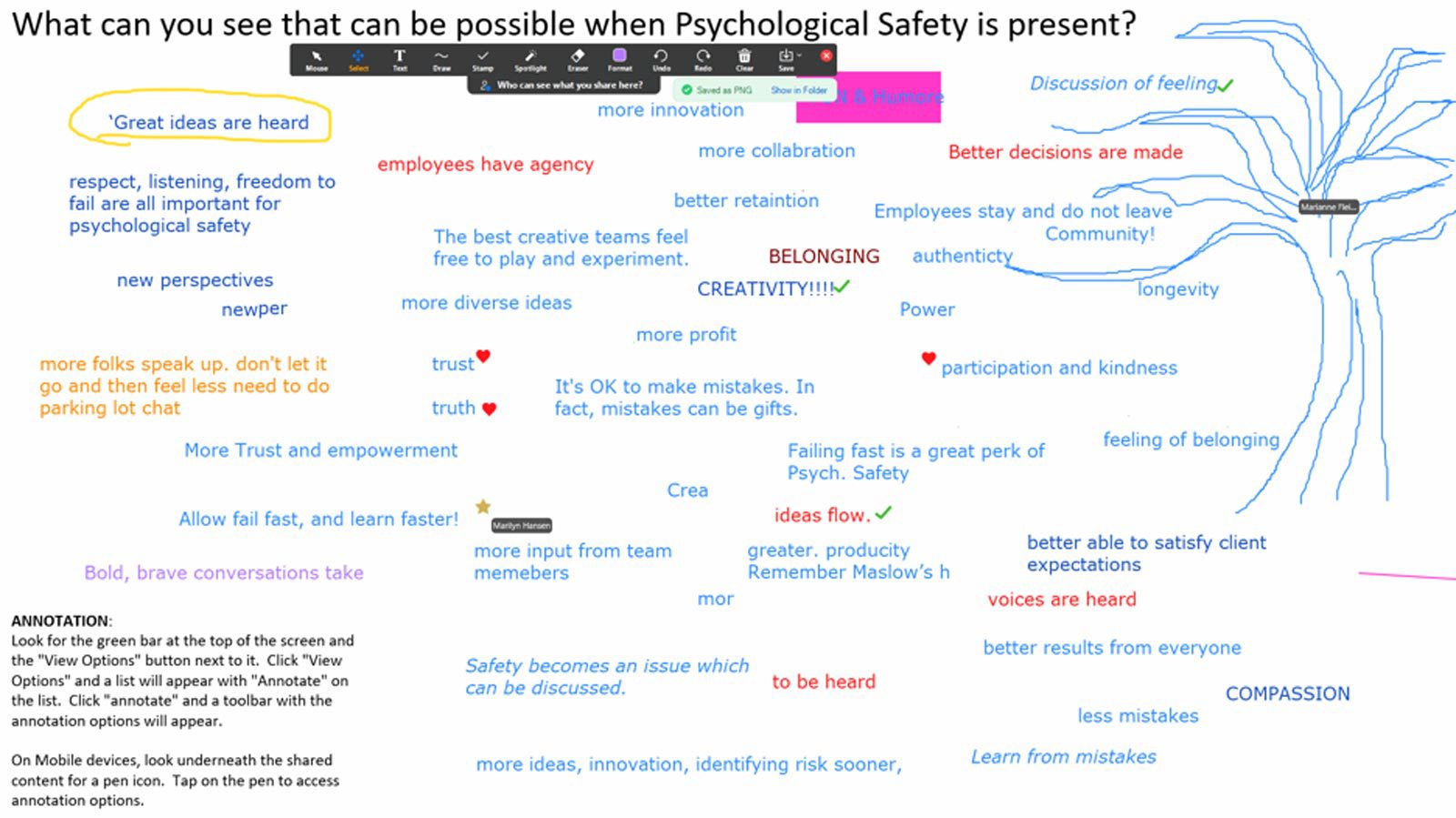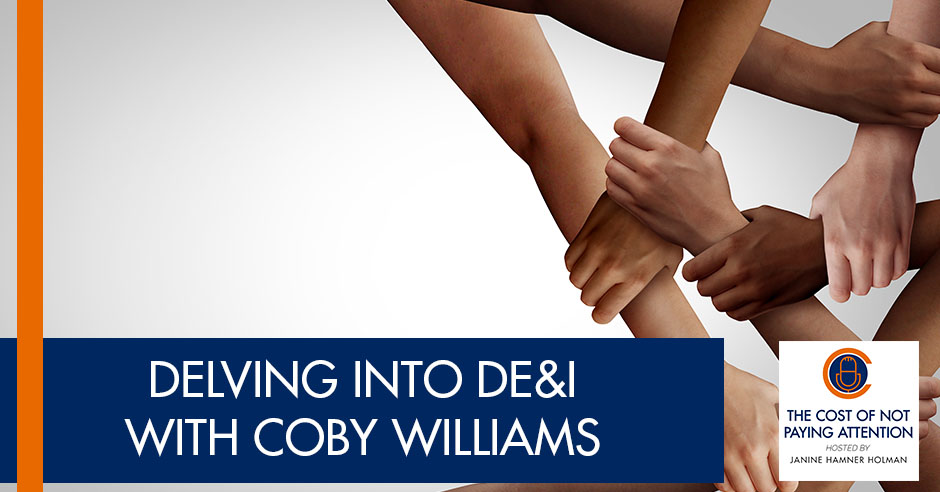Diversity Equity and Inclusion Keynote Speaker Janine Hamner Holman
“The opportunity is to move past ‘diversity initiatives’ and into action that actually sustains inclusion and diversity (DE&I) in our organizations.”
Janine Hamner Holman, Diversity Equity and Inclusion Keynote Speaker
Here’s the challenge: while meta-data demonstrates the benefits of diversity, equity, and inclusion in our organizations, most DE&I initiatives fail! As a leading diversity, equity, and inclusion keynote speaker, Janine’s talk delves into both the causes of these failures and specific strategies and tools to ensure that diversity, equity, and inclusion initiatives succeed.
Janine engages her audience about how, in today’s rapidly evolving workplaces, organizations must integrate a range of experiences, perspectives, and viewpoints. That’s the value of a diverse workforce: people’s array of perspectives create growth, innovation, agility, and drive profitability.
Have you noticed how, if we are honest, we really want fast solutions to our most challenging problems? How can I lose weight fast? How can I feel better now? How can we be more profitable now? Work more efficiently now? Retain more top talent now?
This phenomenon is endemic and part of why diversity, equity and inclusion initiatives have failed. We do a one-off event like an unconscious bias training, or we put the focus for DE&I on one person, team, or department. Today, you can’t count the number of people of color who have been tapped to lead the DE&I effort in their organization solely based on the color of their skin. We set these great team members up for failure in our unconscious bias assumption that their experience is the same as the experience of every other person of color, and that they have the training and experience to lead the organization through the tricky world of diversity, equity and inclusion. The unfortunate reality is that – in DE&I work (and lots of other important things too!) – creating lasting change actually takes time, energy and resources. Wishing it just wasn’t so doesn’t move the ball down the field! As a diversity equity and inclusion keynote speaker, Janine helps illuminate these pitfalls and light a better way.
Types of Bias

Affinity Bias
Feeling connection to those similar to us

Confirmation Bias
Looking to confirm our own opinions and preexistin ideas

Perception Bias
Steriotype and assumptions about different groups
In being a diversity equity and inclusion keynote speaker for organizations globally, Janine describes how part of the challenge is that people perceive that diversity, equity and inclusion are ultimately a HR issue: you hire people different from the norm and, presto, diversity! This has been the approach adopted by most organizations for the past 50 years and it’s a recipe for failure.
The reality is that we need to work on equity and inclusion BEFORE we work on DE&I. The biggest obstacle to success in diversity, equity and inclusion initiatives is in neglecting to create the circumstances inside organizations such that we celebrate and are welcoming of all backgrounds and perspectives…prior to bringing in new people. Without it, people quit, and we’re left constantly hiring for diversity or, worse, defending our DE&I initiatives on social media, with our boards, or in interviews where we’re trying to hire world-class talent.
In her role as a diversity equity and inclusion keynote speaker, Janine also delves into looking at how that the strategies that we often create to create inclusion are effectively pushing people further apart! Focusing on “unconscious bias” is a place that many organizations start…and often that’s all they do. While being a big proponent of uncovering our unconscious biases – getting things out of our unconscious and into our consciousness so we have the opportunity to make actual decisions about how we act or think – “unconscious bias” has become synonymous with biased, favored, nepotism, discrimination and even racism. In truth, it’s none of those things!
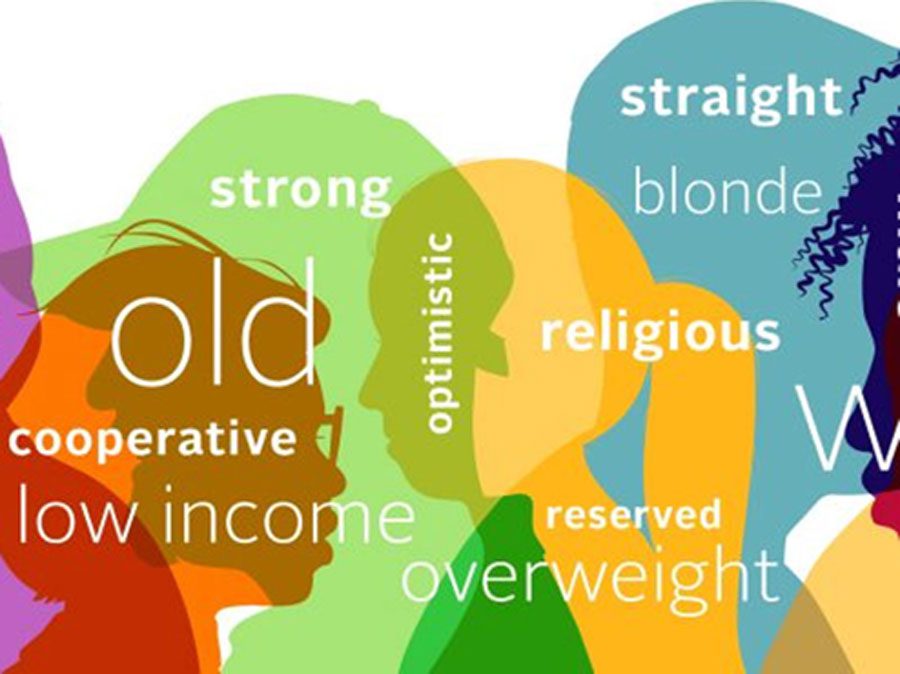
Unconscious biases are merely our preferences that are not particularly conscious. As our friend Matt Cahill says, “If you have a brain, you have bias.” We have preferences about spicy or mild food, beach or mountains, ocean or lakes, orange or purple…the list goes on and on. In the context of DE&I, it’s important to reveal these biases to ourselves so that we can then discern how they’re impacting us because some of these unconscious biases may be about facial features, skin tone, accent, age, gestures, educational background, indications of wealth or income, marital status… that list goes on too! In her role as a diversity equity and inclusion keynote speaker, Janine helps us see that unconscious bias doesn’t mean that we’re being bad or good. We just have these things that we need to see so that we can understand their impacts rather than having them remain unconscious biases.
But, if the only thing that we do is focus on unconscious bias, people often end up feeling bad, especially depending on how the work is done. Unconscious bias training doesn’t have to be confronting or difficult… it is important… just not as the only thing we do!
In her role as a diversity equity and inclusion keynote speaker, Janine explores the idea that our mandate is to move beyond just revealing our unconscious biases – or even worse, just our privilege – and into creating belonging and understanding.
Chief among those critical (and mostly overlooked) elements of what we get to create is what’s known as “psychological safety,” a term coined by Amy C. Edmondson, the Novartis Professor of Leadership and Management at the Harvard Business School. Most of her initial research was focused on health care institutions and her insights are critical for DE&I work to move forward effectively.
In a workplace, psychological safety is the belief that it’s safe for interpersonal risk taking. People feel able to speak up when needed — with relevant ideas, questions, or concerns — without being shut down in a gratuitous way. Psychological safety is present when colleagues trust and respect each other and feel able, even obligated, to be candid. One of the things that sets Janine apart as a diversity equity and inclusion keynote speaker is that she engages her audience to think about where psychological safety might be missing – not only but also in our diversity, equity and inclusion efforts – and how we can go about creating it.
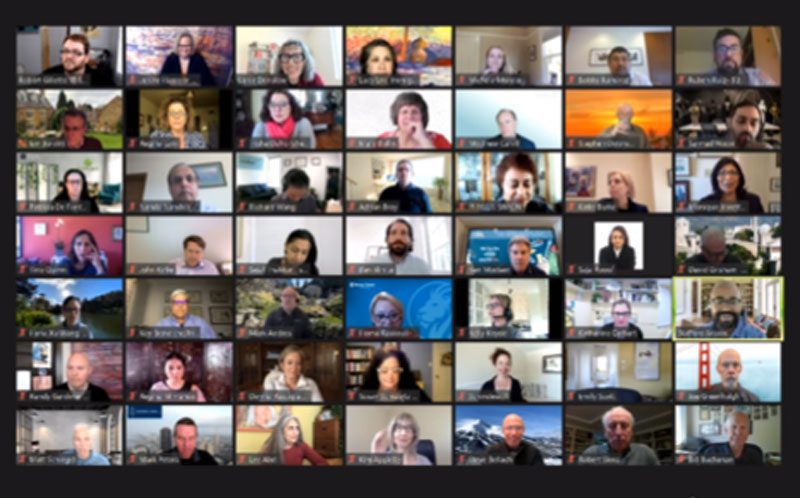
With a blend of stories and best practices, Janine’s impact as a diversity equity and inclusion keynote speaker is to powerfully addresses the ability of effective diversity, equity and inclusion initiatives to develop effective business strategies, an engaged workforce, a thriving organizational culture, and creating dynamic brands for generations to come. Janine’s unique insights throughout her DE&I keynote provide concrete tactics to unlock the secret of making diversity, equity and inclusion stick.
The motivational stories Janine shares as a diversity, equity and inclusion keynote speaker will stay with your audience and encourage them to act, whether in their workplace or personal life. That kind of long-lasting effect is rare at keynote events, but with your vision, our experience and insight, we can make it happen.
“Janine was one of the panelists for us on DE&I and brought a unique perspective on psychological safety. I had never heard the term before her and she helped us all understand the key role that psychological safety has on diversity and inclusion…and why so many initiatives fail because we want a quick fix instead of focusing on the real solutions that will create lasting change”
Stafford Jacobs, Vice President, Cal Insurance; Leader on Diversity, Equity and Inclusion
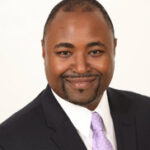
As an organizational culture keynote speaker, Janine has developed a talk that is a compelling look at how established leaders increase their effectiveness and all who want to motivate and lead can begin that journey. Janine’s expert perspectives on culture provides her audience to this keynote with specific tools they need to become more conscious leaders, more engaged team players, and stronger additions to high-functioning teams.
In addition to her work as a conscious leadership keynote speaker, Janine Hamner Holman is the CEO of J&J Consulting Group and the author of the forthcoming book, Why Are the Soft Skills so Damn Hard…and Many Other Things We Got Wrong, as well as a contributing author to the book, On The Shoulders of Mighty Women.
